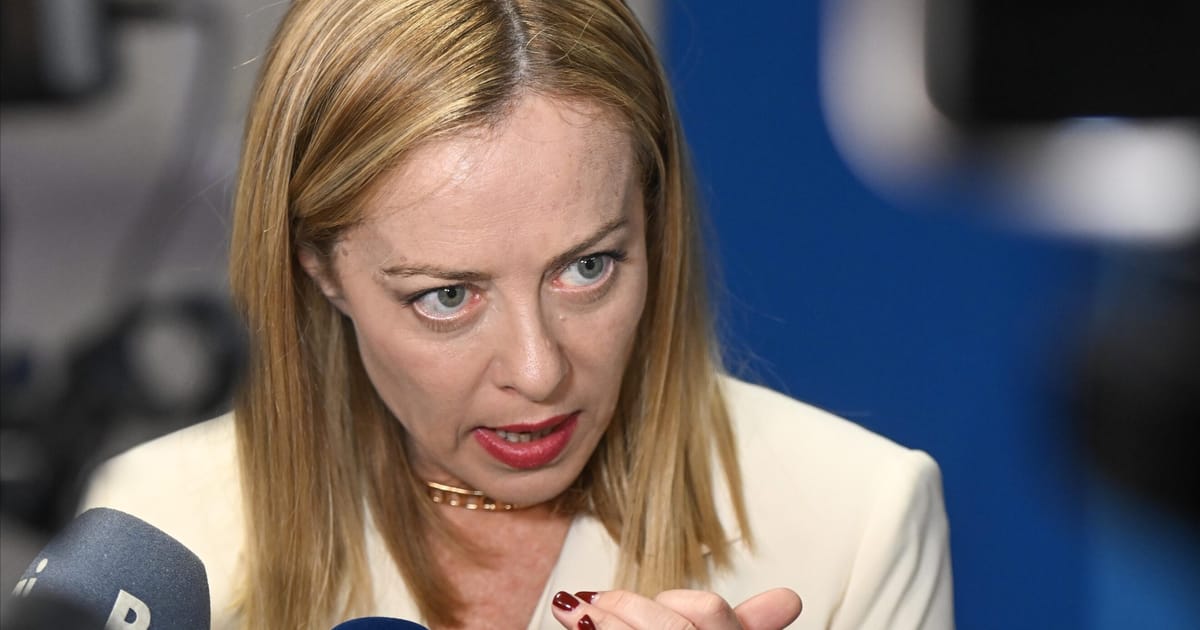

The world is witnessing a series of significant developments across political and economic landscapes, ranging from judicial decisions in Italy to shifts in criminal justice systems in Sweden, and fiscal analyses in France. These events highlight the dynamic nature of global interactions and policies while shaping the political and economic discourse within their respective regions. Let us explore these developments in a mindful and engaging manner, moving through each with clarity and composure.
In Italy, a recent court ruling has provided a partial victory to Prime Minister Giorgia Meloni in the ongoing UniCredit banking merger battle. The controversy surrounds UniCredit’s attempt to take over Banco BPM, a decision that has been met with both support and resistance within the financial community. The latest ruling preserves a degree of uncertainty about the merger’s future, emphasizing the complex regulatory and strategic considerations at play. An insightful consideration of corporate governance and market dynamics underscores the importance of balanced judgment and strategic foresight in such high-stakes economic decisions.
Meanwhile, in the United States, President Donald Trump’s administration is facing a pivotal deadline concerning the imposition of tariffs. Allies close to the administration affirm that the August 1 deadline will not see further extensions. The decision is being closely observed by foreign officials and global markets, which underscores the interconnectedness of international trade and policy. As these economic policies continue to unfold, the implications for global trade relations remain profound, illustrating the delicate balance between national interests and global economic stability. As observers hold their breath for the upcoming deadline, the political calculus behind these decisions becomes increasingly apparent.
In Sweden, the government is navigating a transformative period within its criminal justice system. Facing overcrowding in prisons, the country is preparing to rent cells in Estonian jails. This shift marks a significant departure from Sweden’s traditional focus on rehabilitation and reintegration, moving instead towards a model that echoes US-style incarceration approaches. As Sweden grapples with addressing gang violence and managing its prison population, the decision emphasizes a broader reevaluation of its domestic policies amidst increased societal demands. This development opens the door for meaningful discussions around criminal justice reform, the balance between rehabilitation and incarceration, and the complexities of societal safety.
Turning to France, economic discussions are brought to the forefront as the French Economic Observatory (OFCE) attributes the rising public deficit to a reduction in mandatory levies since 2017. This analysis refutes claims of extravagant public spending under President Emmanuel Macron’s leadership, bringing to light the nuanced relationship between tax policies and fiscal health. Exploring these insights encourages a deeper understanding of fiscal policy’s impacts on national budgets and public services, reinforcing the need for thoughtful economic planning and sustainable financial practices.
These developments across Italy, the United States, Sweden, and France offer a rich tapestry of political and economic interactions, each informing a piece of the global puzzle. As countries navigate these complex landscapes, the emphasis on strategic decisions, policy evaluations, and international collaboration remains crucial. In this era of rapid change, maintaining a calm and reflective approach allows us to stay informed and engaged, fostering a healthier discourse on the pressing issues of our time. Through mindful exploration of these events, we recognize the intertwined nature of our global community and the shared responsibility of shaping a balanced future.
Source: {link}
